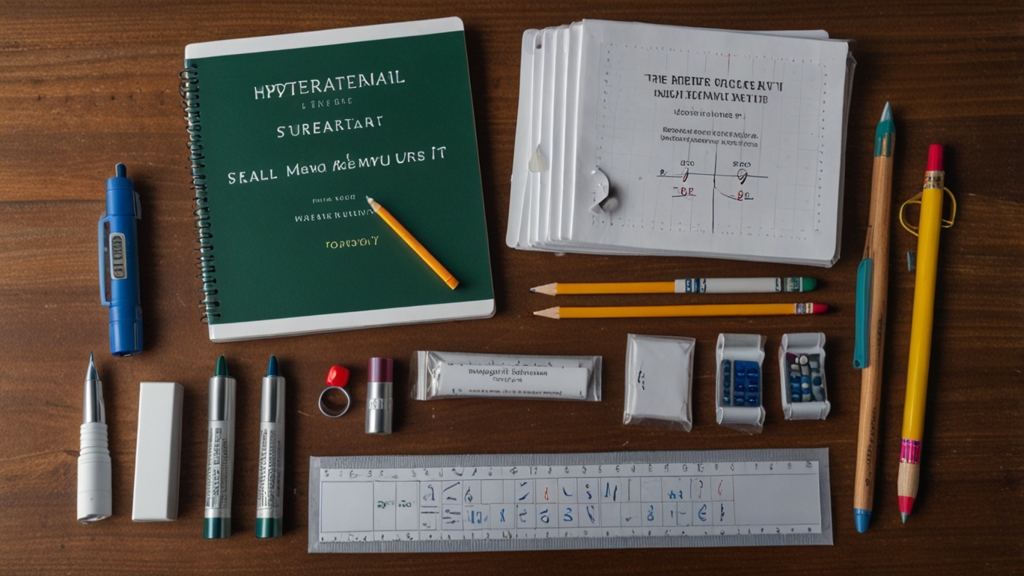Mastering Mindfulness: Tips from the World's Leading Experts
In today’s fast-paced world, where distractions are constant and stress levels are high, finding inner peace through mindfulness has become more important than ever. Mindfulness, the practice of being fully present in the moment, can provide profound benefits for mental clarity, emotional calm, and overall well-being. Here, we explore tips from the world's leading mindfulness experts to help you master this transformative practice.
1. Start with the Breath
Renowned mindfulness teacher, Jon Kabat-Zinn, emphasizes the importance of focusing on the breath as a foundational step in mindfulness practice. By paying close attention to the sensations of breathing, you anchor yourself in the present moment.
“Breathing in, I calm body and mind. Breathing out, I smile. Dwelling in the present moment, I know this is the only moment.” - Thich Nhat Hanh
To begin, find a quiet place, sit comfortably, and close your eyes. Take a few deep breaths, then allow your breath to settle into its natural rhythm. Notice the sensation of air entering and leaving your nostrils. Whenever your mind wanders, gently redirect your focus back to your breath.
2. Embrace Non-Judgment
Pioneering researcher and psychologist, Dr. Ellen Langer, advocates for cultivating a sense of non-judgment in mindfulness practice. Mindfulness involves observing your thoughts and feelings without labeling them as “good” or “bad.” This non-judgmental awareness helps you respond to life’s challenges with greater equanimity.
“Mindfulness isn’t difficult. We just need to remember to do it.” - Sharon Salzberg
When practicing mindfulness, simply observe your thoughts as they arise. Imagine them as clouds passing through the sky, allowing them to float by without getting caught up in their narrative. This practice can reduce anxiety and foster a more compassionate relationship with yourself.
3. Practice Daily
Dr. Richie Davidson, a neuroscientist known for his research on the brain and mindfulness, emphasizes the importance of regular practice. Consistency helps reinforce mindfulness as a habit and strengthens its positive impact on the brain.
Set aside a specific time each day for mindfulness practice. It could be as little as five minutes in the morning or evening. By making mindfulness a part of your daily routine, you cultivate greater awareness and resilience over time.
4. Engage the Senses
Mindfulness expert and author, Eckhart Tolle, encourages engaging the senses to anchor oneself in the present moment. By fully experiencing sensory inputs, you break free from continuous mental chatter.
Take a few moments each day to focus on your surroundings. Listen to the sounds around you, notice the colors and shapes you see, or pay attention to physical sensations such as the texture of an object. This sensory awareness brings you back to the present and enhances your overall mindfulness.
5. Cultivate Compassion
Matthieu Ricard, often called "the happiest man in the world," stresses the importance of compassion in mindfulness practice. Developing compassion towards oneself and others can profoundly enhance the benefits of mindfulness.
“If you want others to be happy, practice compassion. If you want to be happy, practice compassion.” – Dalai Lama
Incorporate loving-kindness meditation into your routine. Start by sending kind and loving thoughts to yourself, then gradually extend these feelings to others in your life. Cultivating compassion not only nurtures your well-being but also deepens your connection to those around you.
Conclusion
Mastering mindfulness requires practice, patience, and a willingness to explore the present moment without judgment. By integrating the wisdom of the world’s leading mindfulness experts into your daily life, you can transform your relationship with yourself and the world around you. Remember, the journey of mindfulness is a lifelong path that offers boundless rewards.
Let these expert tips guide you towards a more mindful, centered, and fulfilling life.









